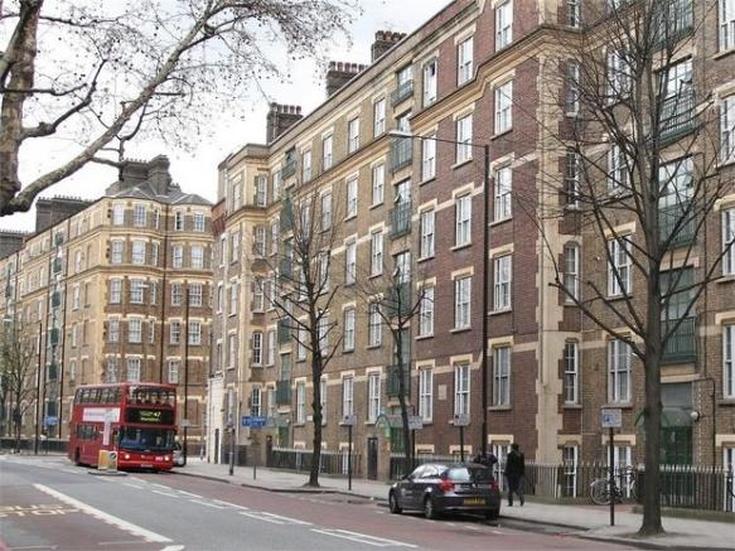11 September 2018
Challenging Unfair Leasehold Charges

The best way to avoid paying high fees is not to buy a lease with excessive charges in the first place. Before agreeing the purchase, you should always obtain proof of the service charges and ground rent, and ask if any major maintenance or repair works are planned.
When you become the leaseholder you are legally committed to paying the charges set out in the lease. As well as ground rent and service charges, these may include management fees, insurance, paying for repairs, consent fee when the lease is assigned (sold), contributions to a ‘sinking fund’ for future maintenance, etc. Some freeholders also include charges for fire risk assessments and health and safety inspections.
If you believe that the charges are excessive you have the right to challenge them. You can apply to a tribunal for the charges to be reviewed, and present evidence to show (for instance) that cheaper insurance can be found elsewhere. If the charges are found to be too high they’ll be reduced – and you’ll get a refund for charges already paid in previous years.
One point to note is that some leases specify that a freeholder’s legal costs can be added to service charges (and thus paid by the leaseholder) – if that’s the case in your lease, you might find that you have to pay for the privilege of having the charges reduced.
Parliament will shortly debate a proposed change to the law to make it easier to stop unjustifiable leasehold practices (the Leasehold Reform Bill).
Notes
To find out more about property claims click here.
Monitor the progress of the Leasehold Reform Bill here.
